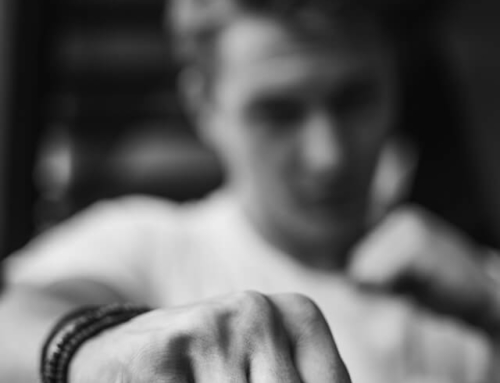The law states that you are not permitted to drive or attempt to a vehicle on a public road or other public place with excess alcohol in breath, blood or urine as evidenced by certificate of analysis of printout.
In the majority of cases, a breath test is taken and the legal limit in breath is 35 micrograms per 100 millilitres of breath.
This area of law can become quite complicated and deserves more than a short blog post however I would like to concentrate on how to approach such a case in a nut shell.
In essence, if you are charged with drink driving your lawyer should first of all advise you whether you have a defence to the charge. It is very important to start by looking at all the documents that the prosecution are relying on as well as taking your full instructions. Your lawyer will advise you whether you have a defence and, on the basis of all the prosecution evidence, what likelihood there is of that defence succeeding at court. You can then come to an informed decision as to whether to fight this charge or cut your losses and plead guilty.
If, after discussing the case with your lawyer, you decide to plead guilty, the next step is to see if any special reasons apply. Special reasons deserve a blog post in themselves. Special reasons, if successful, give the court the power not to disqualify you from driving. If you advance special reasons what you are in fact doing is pleading guilty to driving with excess alcohol however you are asking the court not to disqualify you (or disqualify you for a shorter period of time) due to a special reason. Special reasons are special to the offence not to the offender and therefore the mitigation which would ordinarily be used in a sentencing exercise will not suffice. There needs to be sometimes particular e.g. an emergency or shortness of distance driven which cause you to drive the vehicle. This is a very simplistic way of putting it because there are whole chapters of books devoted to this very concept of “special reasons” however, if you seek legal advice in relation to your particular circumstances, a lawyer will be able to advise you if you have a special reason argument or not on the basis of the evidence and your instructions.
After careful analysis of all the circumstances and if the only solution is to plead guilty to the charge of driving with excess alcohol, you must be aware of the consequences of pleading guilty.
The most devastating consequence is the automatic loss of your driving licences. Disqualification is mandatory. The courts are not given any discretion by Parliament in respect of that. Therefore, without any special reasons not to disqualify, you will be disqualified and it will just be a question of length. The length of disqualification is dependent on the level of alcohol consumed and is set out in the sentencing guidelines. There are additional penalties imposed, also dependent on the amount of alcohol consumed. These range from a fine to a term of imprisonment.
Most of the clients I have dealt with in this area receive sentences ranging from a fine to community orders however the thing that destroys them the most is the prospect of losing their licence. Why? Most of my clients need their driving licence for work. A lot of previous clients have been self employed, some owning their own companies, employing others and having to transport a lot of heavy equipment for work purposes on a daily basis. Therefore, a loss of a driving license automatically means loss of income for them and all the consequences that flow from that. Therefore, it is essential to seek legal advice in this area of law as you may well have a defence or a special reason argument may be application to your case.
